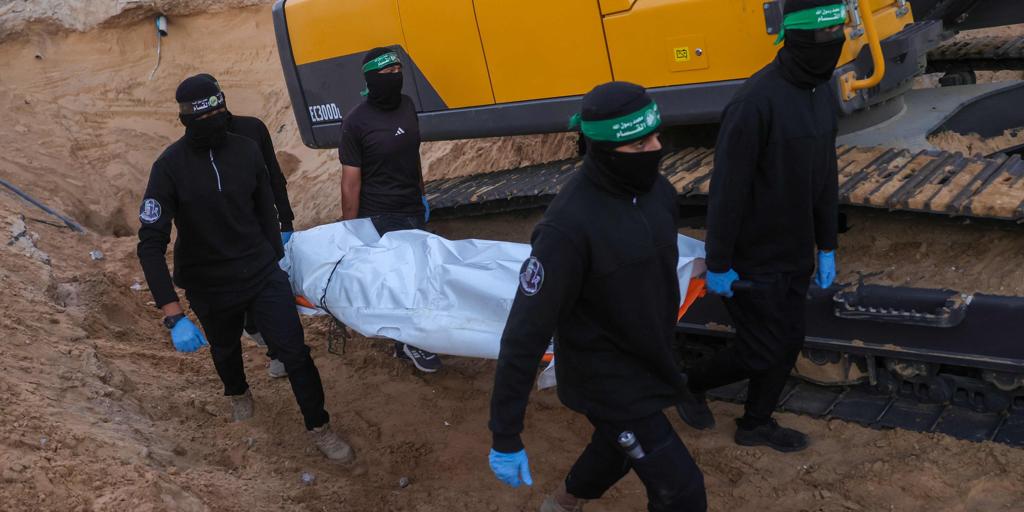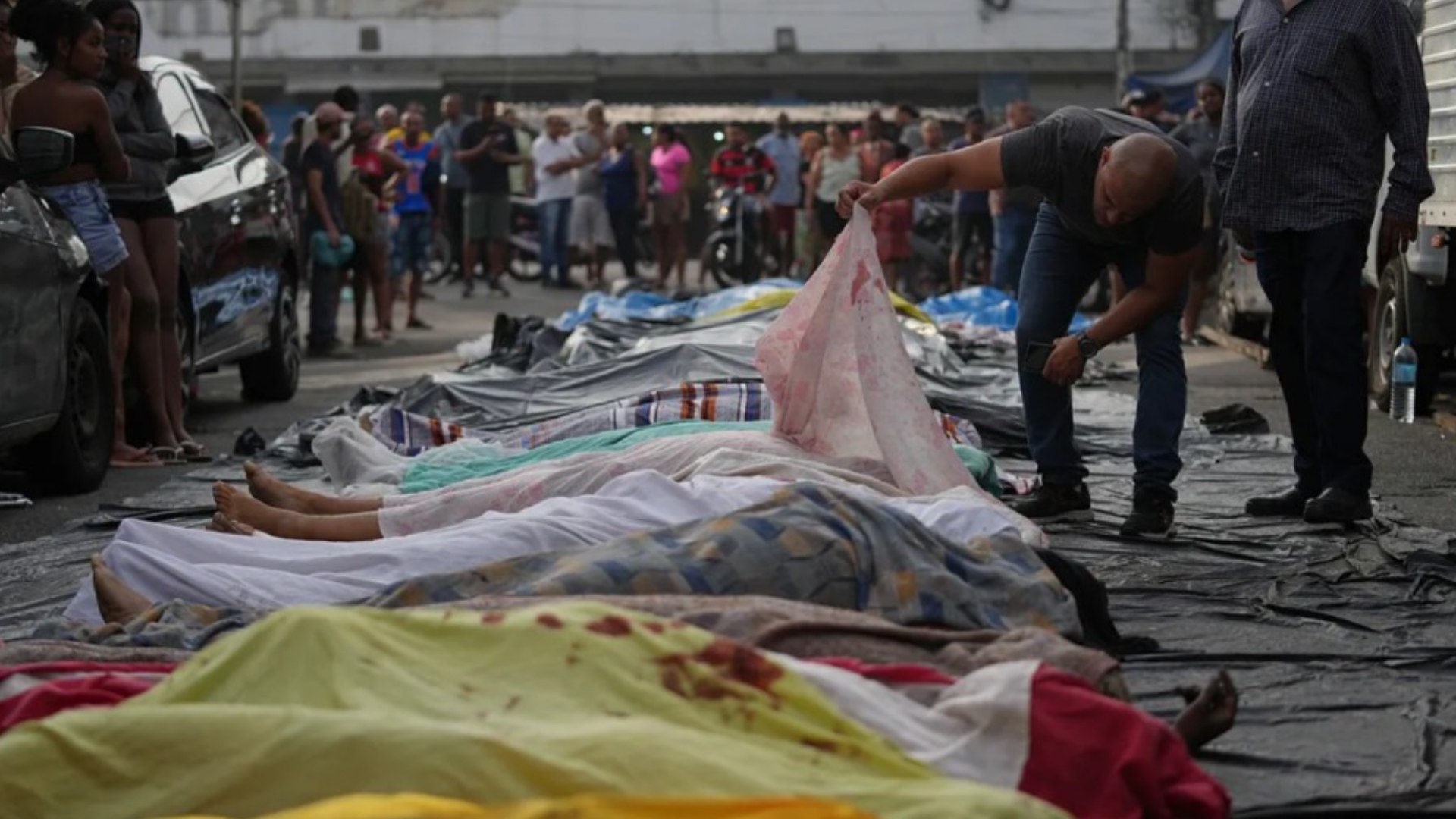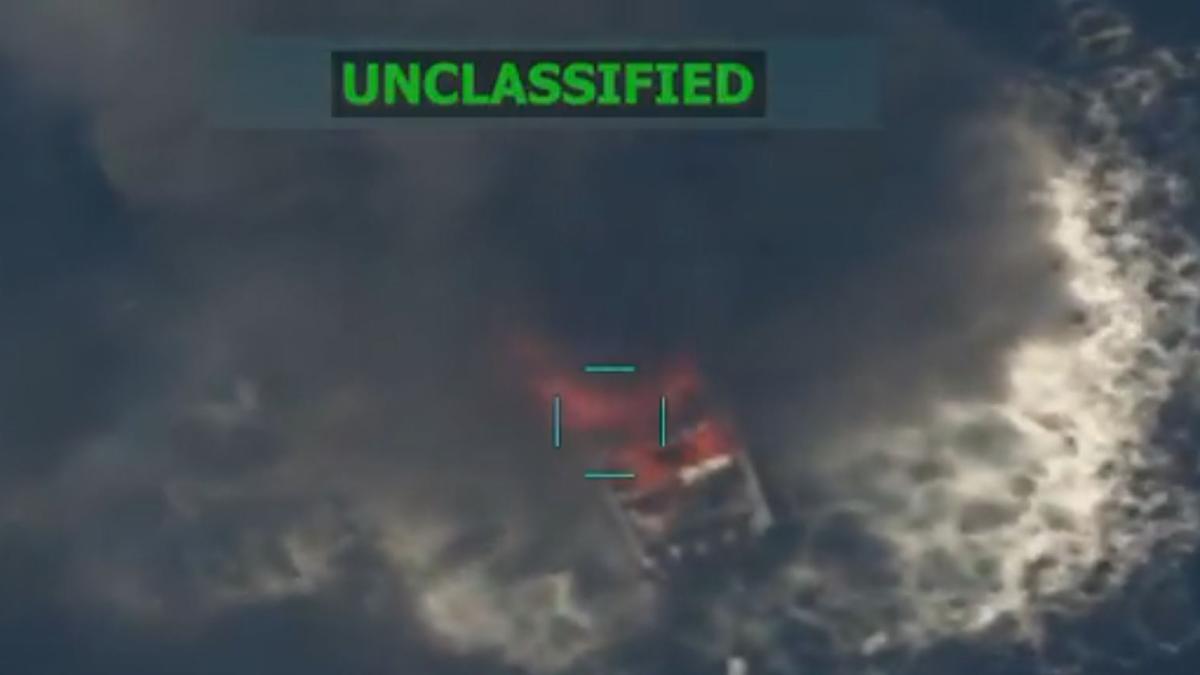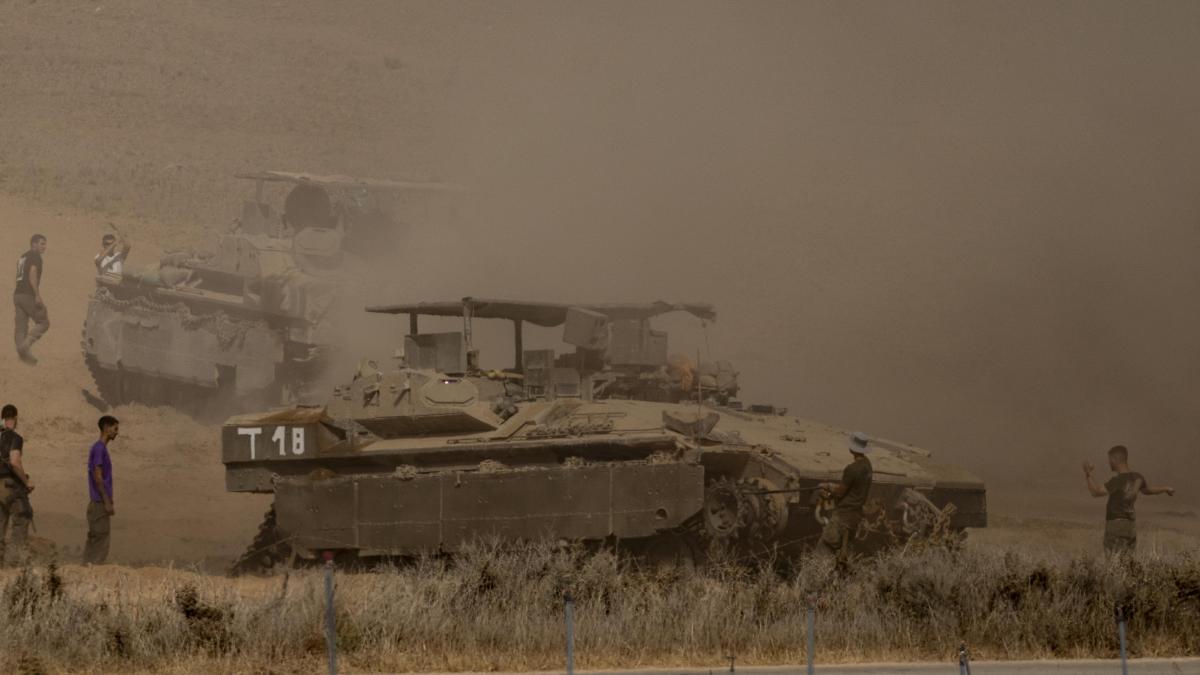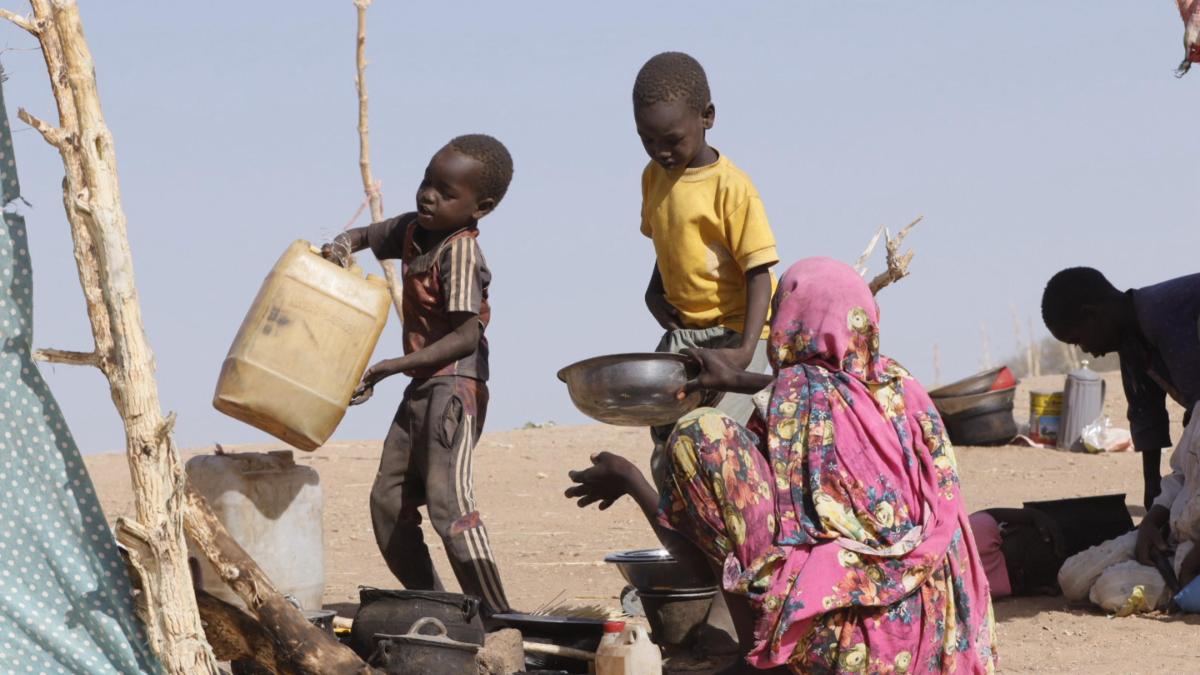“`html
Catalonia: The Ultimate Dream Destination for Young Moroccan Migrants
It’s no secret that countless young Moroccans are desperate to flee their homeland. In every neighborhood and among friends, the conversation is rife with one prevailing theme: escaping Morocco for a better life in Europe. For these youths, it’s not just a dream; it’s an all-consuming obsession. They watch videos of others who have successfully made the perilous journey and they yearn to join them, envisioning a brighter future—whether it’s a reality or a fantasy. With a majority setting their sights on Spain, catalyzed by an influx of reckless yet determined youth, they say, “We all dream of going from here.” Just ask Mohamed, who only set foot in Spain hidden under a van at the age of 15.
The journey to Spain isn’t as daunting for them as it seems. The precariousness of their situation is a mere gamble; it’s all about luck—whether the border guards catch you or not. Mohamed recalls his calculated risk with a sense of triumph: “I knew all the nooks and crannies of that van.” As he embarked on his journey, he understood the stakes—success meant touching the heart of Europe in mere hours, but failure was merely a temporary setback. Stories of those who successfully crossed the borders were common currency among the youth, shaping a generation determined to follow in their footsteps.
The power of social media is undeniable, but what’s truly fueling their ambition is the word-of-mouth reverberating through the alleyways.
Zakarías and Oussama followed the same path, fueled by tales of bravery exchanged in the smoky cafes of Larache and Casablanca. Now, they flaunt their shiny residency permits with a youthful exuberance. They proudly march towards Catalonia, eager to work as barbers and live the life they’ve always wanted. But the reality is harsher than it seems. Catalonia remains the dreamland for many, despite the growing number of challenges.
The Regional Divide: Catalonia vs. Andalusia
It’s no wonder that Catalonia and the Basque Country are the top destinations for these eager migrants. Moroccan social worker Foud explains,
“They know the Basque Country offers better treatment than Algeciras, and Catalonia has more job opportunities than Andalusia.”
Who wouldn’t want to gravitate towards the promise of a prosperous life? Here, every young man dreams of their football idols, like Asraf with visions of stardom in Tarragona.
Yet, the system is bursting at the seams, with the emergency shelters in Ceuta overwhelmed. It is a shocking statistic: more than 500 unaccompanied minors now reside in this small enclave, a staggering 400% over the average capacity!
Heroes are made here—not just for those who swim the treacherous waters to reach Spain, but for those who survive the harrowing journey of life itself.
Desperate Strategies in a Grim Reality
In stark contrast to their cherished dreams, the strategies they devise to survive are grave. Many set out alone, and once in the northern cities, their plans often fall apart. Abdel, who specializes in preventing child emigration, notes that these kids frequently return home only to venture out again, sometimes never to return. Up in Tangier, a city marked by hardship, countless minors roam the streets, victims of both circumstance and design. The devastation caused by natural disasters and crippling poverty fuels their desire to find an escape route.
They dream of setting foot on European shores, yet the path is littered with hardship. The port of Tangier is militarized, a veritable fortress that only heightens their desperation. Every day, young boys gather at gas stations, waiting for a chance to slip past the guards and embark on their perilous journey. But realistically, most remain trapped in an unyielding cycle of poverty and violence.
The Brutal Truth: Violence and Poverty
The chilling reality for countless Moroccan minors is rooted in violence and poverty. Many have fled abusive homes, lost parents, or been driven out by sheer desolation. It’s an epidemic: abandoned children roaming the streets, victims of neglect who often succumb to a life of addiction and those who are inevitably lured into the shadows of exploitation and violence.
As Dall’o skillfully articulates, “This isn’t just a migration crisis—it’s a humanitarian emergency.” Alleviating, or at least alleviating suffering, is what groups like the Archdiocese of Tangier strive to achieve amidst these odds.
But as Dolido emphasizes, the heart-wrenching truth prevails:
“Morocco shows that it does not love us.”
And sadly, for many of these children, finding refuge in Europe is seen not just as an option but as a necessity—as they choose to gamble their futures on the hope of a better tomorrow.
“`


